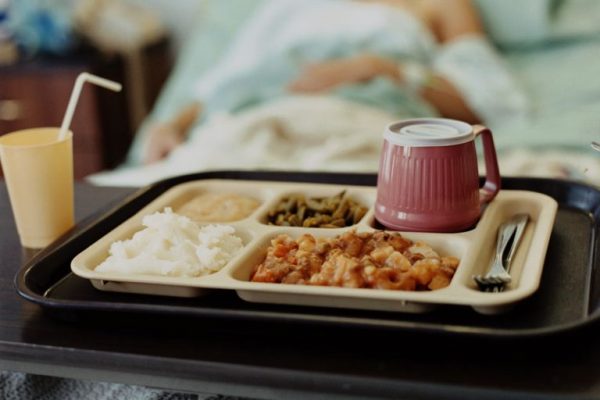Stopping Eating and Drinking to Regain Control at the End of Life
The decision to voluntarily stop eating and drinking at the end of life is a choice a patient makes with the intent to hasten the dying process.
Is It Suicide?
No. This is a choice made by patients who are already at the end of their life. A dying person will naturally lose interest in food and fluids and progressively become weaker. When the dying person decides to stop eating and drinking altogether, the process of progressive weakness leading to death occurs days to weeks sooner than would happen if the person were to continue eating and drinking.
To learn more about this expected loss of interest in food and drink, read Where Did Your Appetite Go?
Why Would a Dying Person Choose to Stop Eating?
Most people who choose to voluntarily stop eating and drinking do so to regain or maintain some control over their situation. Reasons people give for making this decision include the desire to avoid suffering, not to prolong the dying process and to take control over the circumstances surrounding their death.
What Kind of Patient Chooses to Stop Eating?
According to a study in the New England Journal of Medicine, which surveyedhospice nurses in Oregon who cared for patients who chose to voluntarily stop eating and drinking, the typical patient is elderly and considers himself to have poor quality of life.
Do Persons Who Choose to Stop Eating Suffer?
Overwhelming evidence says no. The same study in the New England Journal of Medicine found that 94 percent of nurses reported these patients’ deaths as peaceful.
The cessation of eating and drinking is a normal part of the dying process that typically occurs days to weeks before death. Once the body becomes mildly dehydrated, the brain releases endorphins which act as natural opioids, leading to euphoria and often decreased pain and discomfort. When a dying person voluntarily stops eating and drinking, the same process occurs, and they may report feeling better than when taking in nutrition.
Very few patients complain of feeling hungry or thirsty after the first couple of days. Mucous membranes may become dry as dehydration sets in, which is why some patients may want to moisten their mouth with drops of water for comfort.
See: Acts of Love: Caring for a Dying Loved One.
When death by voluntarily stopping of eating and drinking was compared with death resulting from physician-assisted suicide, nurses reported that patients in the former group had less suffering and less pain, and were more at peace than those in the latter group. Nurses reported that both groups had a high quality of death, which sounds strange but means that their deaths proceeded with lower levels of pain and struggle.
How Long after Does Death Occur?
Once a person stops eating and drinking, death usually occurs within two weeks. The person may continue to take small amounts of water to swallow pills or moisten the mouth, and these small sips of fluids may prolong the dying process by a couple of days.
See: The Dying Process: A Journey.
Is Voluntarily Stopping of Eating and Drinking Right for Me?
This is likely a question you never thought you’d ask. But if you are, be sure to discuss this with your physician. She will likely want to make sure that there aren’t treatable conditions, such as depression or untreated pain, that are contributing to your decision. She may also refer you to a social worker or a member of your religious organization (if applicable) to discuss this decision further.
No one can tell you whether you should voluntarily stop eating and drinking. Depending on your quality of life, amount of suffering and personal belief system, you can decide if this choice is right for you.
Complete Article HERE!

